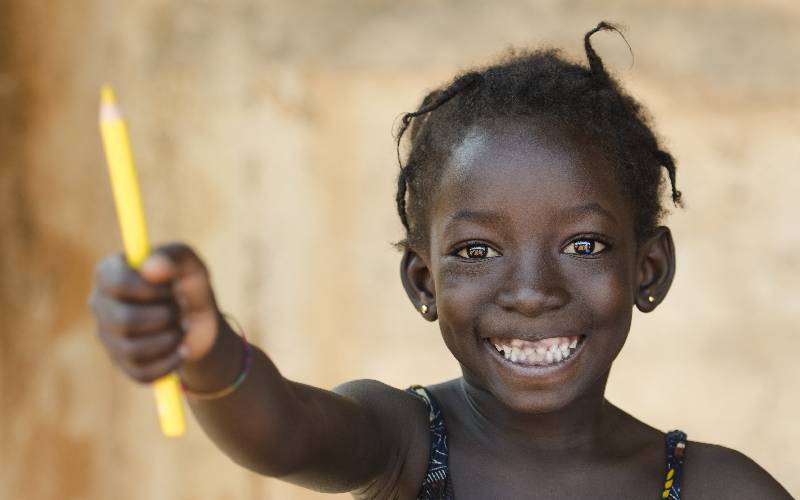×
The Standard e-Paper
Kenya’s Boldest Voice

To secure our peace and security thus entails investing in children in three main ways; food, shelter and education.
Every year, the African Union and its member states observe the Day of the African Child to commemorate this day in 1976, when students who marched on Soweto streets, South Africa, to protest against Apartheid inspired education were brutally murdered.